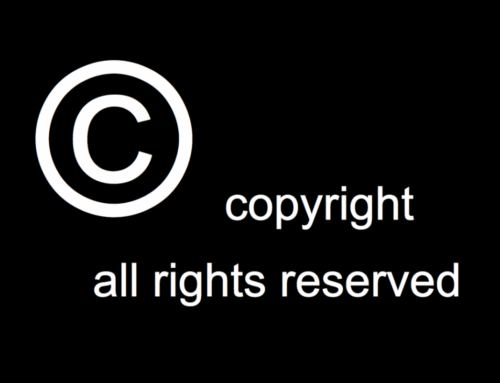Among other things, the Digital Millennium Copyright Act (DMCA), enacted in 1998 to bring copyright law into the digital age, prohibits the intentional removal or alteration of any “copyright management information” (CMI), the knowing distribution of altered CMI, and the knowing distribution of works where the CMI has been removed or altered.
CMI includes information such as the title of the copyrighted work, the name of the author, and the name of the copyright owner.
A recent case illustrates the importance of complying with this little-known part of the DMCA. A freelance photographer, Gregory Mango, took a photo of someone involved in a discrimination lawsuit against the City of New York. He licensed the photo to the New York Post, which published it, giving Mango a “gutter credit” (attribution under the photo).
When BuzzFeed published an article on the discrimination lawsuit, it used that photo without asking for permission. Not only did BuzzFeed infringe Mango’s copyright by doing so, but it also violated the DMCA by changing the gutter credit to the law firm that represented the subject of the photo.
BuzzFeed argued that it wasn’t liable under the DMCA because it didn’t know or have reason to know that its conduct would lead to third-party infringement. The court, however, held that if BuzzFeed was aware that distributing copyrighted material without the CMI would help hide BuzzFeed’s own infringement, then BuzzFeed was liable for removal of the CMI.
You might think the DMCA violation isn’t such a big deal in comparison to copyright infringement, but in fact, the court awarded Mango $3,750 in statutory damages for copyright infringement and $5,000 in statutory damages for violation of the DMCA.
This isn’t an unusual result. When a Texas investment company removed the copyright notice from an image and used the image on its website without consent, the court ordered it to pay the plaintiff $7,500 for willful copyright infringement and $10,000 for the removal of the copyright notice.
Statutory damages for removal or alteration of CMI range from $2,500 to $25,000 per infraction. These damages are in addition to those awarded for copyright infringement. The damages for infringement might be based on the actual damages incurred or the plaintiff may be eligible for statutory damages ranging from $750 to $150,000 per infringement.
Even if you do have a license to use someone else’s copyrighted work, you should ensure that all CMI remains with the work when you use it. Otherwise, you may find yourself liable under the DMCA.
This is also a good reminder that copyright owners should ensure that their work has the appropriate CMI.
Please feel free to contact us if you have any questions about or need any assistance with registering or enforcing your copyrights or determining how you can legally use someone else’s copyrighted work.
Photo By Arun Kuchibhotla on Unsplash






